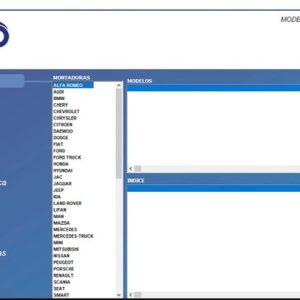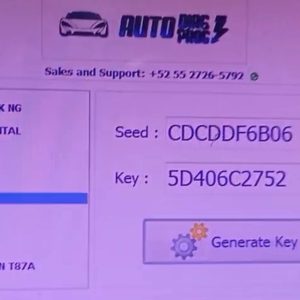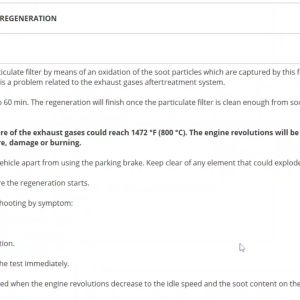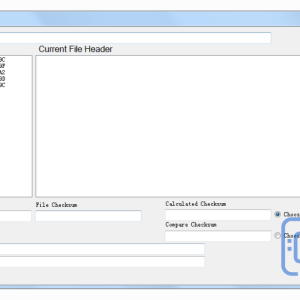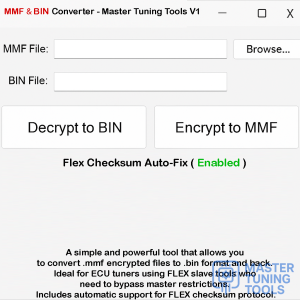Automotive Encryption: Securing ECU Remapping 🔒🚗
As the automotive industry evolves, so does the need for enhanced security measures, especially concerning Electronic Control Units (ECUs). Automotive encryption plays a critical role in protecting sensitive data and ensuring that ECU remapping processes remain secure. This article delves into the significance of automotive encryption for mechanics, professional tuners, and workshop technicians.
The Role of Encryption in Automotive ECUs 🔧
Encryption is a method used to secure data by transforming it into a format that can only be read by authorized users. In the context of automotive ECUs, encryption serves several purposes:
- ➡️ **Data Protection**: Prevents unauthorized access to ECU data, safeguarding proprietary tuning information.
- ➡️ **Integrity Verification**: Ensures that the ECU firmware has not been tampered with, maintaining the vehicle’s operational integrity.
- ➡️ **Anti-Theft Measures**: Deters theft and unauthorized modifications by making it difficult for hackers to access or modify ECU settings.
Common Encryption Techniques Used in Automotive ECUs 🚀
Various encryption techniques are employed in automotive ECUs to enhance security:
- ➡️ **Symmetric Encryption**: Uses the same key for both encryption and decryption, commonly used for fast processing.
- ➡️ **Asymmetric Encryption**: Utilizes a pair of keys (public and private) for secure data exchange, ideal for firmware updates.
- ➡️ **Hash Functions**: Ensures data integrity by generating a unique hash value for ECU data, allowing verification of authenticity.
Implications for ECU Remapping and Tuning Tools 🔍
With the rise of automotive encryption, tuners must adapt their strategies to ensure successful ECU remapping. Here are some implications:
- ✅ **Compatibility with Encryption**: Tuning tools like KESS3, FLEX, and CMDFlash must support encrypted ECUs to effectively read and write data.
- ✅ **Firmware Updates**: Regular updates to tuning software are essential to keep up with evolving encryption standards.
- ❌ **Risk of Bricking**: Incorrect handling of encrypted ECUs can lead to bricking, rendering the ECU inoperable.
Popular tuning tools such as Autotuner are designed to handle encrypted ECUs, providing users with the capability to perform secure and effective remapping.
Best Practices for Handling Encrypted ECUs 🛠️
To ensure safe and effective ECU remapping, consider the following best practices:
- ➡️ **Stay Updated**: Always use the latest versions of tuning tools to ensure compatibility with encryption methods.
- ➡️ **Backup Original Data**: Before making any changes, create a backup of the original ECU data to prevent loss in case of failure.
- ➡️ **Use Trusted Tools**: Choose reputable tuning tools that are known for their reliability and support for encrypted ECUs.
In conclusion, understanding automotive encryption is crucial for mechanics and tuners aiming to enhance vehicle performance while ensuring data security. By adopting best practices and utilizing advanced tuning tools, professionals can navigate the complexities of ECU remapping effectively.
Explore more about ECU remapping tools and their features on mastertuningtools.com.




